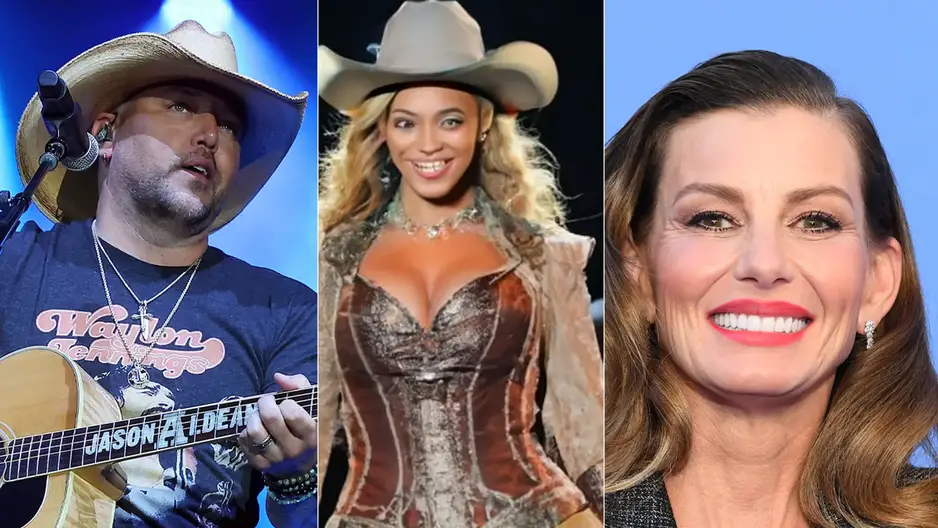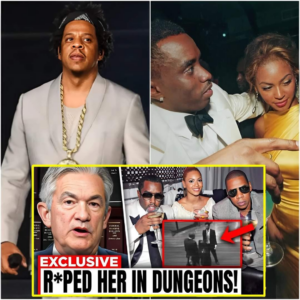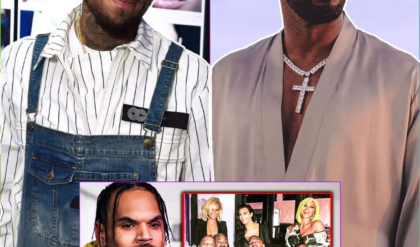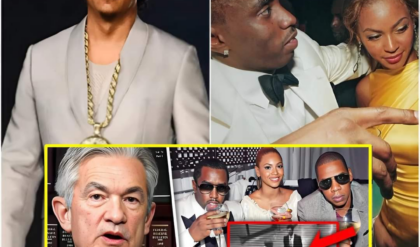
In a surprising turn of events in the music industry, country stars Faith Hill and Jason Aldean have opted to withdraw from a highly anticipated concert featuring global sensation Beyoncé. Their decision stems from concerns regarding the authenticity of Beyoncé’s recent venture into the country genre. Their withdrawal has ignited widespread discussion, igniting debates about the boundaries and inclusivity of country music.
The controversy unfolded following remarks from Hill and Aldean, suggesting that Beyoncé should “Go play dress-up,” which was interpreted as a direct critique of her exploration of the country genre. Beyoncé, renowned for her versatility spanning pop, R&B, and hip-hop, recently delved into country music, aiming to expand her artistic horizons. However, her transition has sparked both excitement and skepticism within the industry.
For some, Beyoncé’s endeavor represents a daring experiment, while others perceive it as encroaching upon a traditionally guarded cultural domain. The controversy reached its peak when Beyoncé was slated to perform at a significant concert celebrating the diversity of American music, alongside country luminaries like Faith Hill and Jason Aldean.
Initially eager to participate, Hill and Aldean expressed discomfort upon learning of Beyoncé’s inclusion and her intention to perform country tracks. Sources close to the artists revealed that they felt Beyoncé lacked the profound connection to the genre necessary to deliver an authentic performance. Aldean emphasized that country music encompasses more than just sound or style, embodying a distinct culture and lifestyle. His statement, “You ain’t country, girl. Go play dress-up,” encapsulates their belief that Beyoncé’s presence would compromise the genre’s authenticity and heritage.
The response from fans has been divided. Supporters of Beyoncé and progressive country music have rallied to her defense, advocating for greater inclusivity and adaptability within the genre. They perceive criticism from Hill and Aldean as antiquated gatekeeping that hinders the genre’s evolution.
On the other hand, traditional country music fans largely side with Hill and Aldean. They assert that country music is a unique art form with a distinct history and culture that cannot be casually entered. For them, Beyoncé’s involvement seems to reflect a commercial appropriation rather than a genuine artistic endeavor.
Several musicians also weighed in. Willie Nelson, known for his progressive stance in country music, voiced his support for the concert’s inclusive vision. In contrast, more traditional artists like Alan Jackson reiterated the importance of maintaining the genre’s roots.
Beyoncé, known for her unyielding confidence, responded to the backlash with grace and determination. In a statement, she emphasized her genuine respect for country music and its rich history. She stated that her intentions were not to appropriate but to celebrate the genre by bringing her interpretation to it. “I admire country music for its storytelling and its depth of emotion,” she said, “and I only wish to honor its legacy through my own lens.”
Her team reiterated that she had worked closely with respected country musicians and songwriters to ensure that her contribution would be meaningful. Despite the controversy, she remains committed to her journey in country music.
This incident has broader implications for the music industry. It raises important questions about genre boundaries and the inclusivity of historically exclusive music forms. For decades, genres like country, jazz, and classical have been seen as bastions of tradition. However, the digital age has eroded such distinctions, blurring lines between genres and giving rise to innovative cross-genre collaborations.
Some see this controversy as a necessary conversation that the industry must have. How should genres evolve in a rapidly changing world? Should they open up to new interpretations, or should they protect the purity of their roots?
The withdrawal of Hill and Aldean from the concert with Beyoncé is just one skirmish in a much larger cultural debate. Their decision may reflect a broader sentiment within the traditional country music community that is hesitant to embrace change. However, as music continues to globalize and digital platforms democratize access, such confrontations will likely become more common.
Faith Hill and Jason Aldean’s decision to back out of the concert with Beyoncé is a notable reflection of ongoing cultural tensions in the music industry. While traditionalists believe in maintaining a firm line around genres, others like Beyoncé see music as an ever-evolving art form, ripe for creative reinterpretation. Only time will tell how country music—and other genres—navigate this delicate balance between tradition and inclusivity.
In the meantime, both Hill and Aldean have made their stance clear, while Beyoncé remains resolute in her pursuit of musical exploration. What remains to be seen is how this incident will influence future collaborations and what lessons the industry can glean from this dialogue. For now, the concert will proceed without Hill and Aldean, and Beyoncé’s journey in country music will continue, whether accepted or not by the genre’s purists.
News
Henry Cavill’s Witcher & Superman Replacement Already Avoided The Mistake That Killed The Original Franchise – S
Henry Cavill already has a replacement for The Witcher and Superman thanks to his role in the Highlander reboot, and this is already avoiding the mistake that killed the original franchise. Henry Cavill is one of the most popular action stars thanks to his roles in movies…
Goodbye DC and Superman, Henry Cavill reveals his favorite role if he joins MCU – S
Henry Cavill has expressed his favorite role if he has the opportunity to collaborate with Marvel Studios. Henry Cavill has officially said goodbye to the role of Superman after the DCEU ends at the end of 2023 to open a…
Kim Kardashian Goes Into Hiding After Freak0ff Video Of Her And Diddy Gets Leaked Ok, so things just got a whole lot messier for Diddy. The world witnessed him in his true form as a video of him putting his hands on Cassie made rounds on the internet. – S
It made a lot of folks hella uncomfortable. But as Diddy’s future started to look grim, he thought of a strategy. What’s worse than Diddy being exposed for his crimes? Fans discovering names of beloved celebrities who knew about…
Chris Brown LEAKS The List Of Major Names INVOLVED in Diddy’s Ab*se! | DIDDY IS DONE! – S
**Diddy’s Troubles: Allegations and Revelations** Sean “Diddy” Combs, the music mogul behind Bad Boy Records, finds himself embroiled in a storm of controversies and allegations that threaten to tarnish his reputation irreparably. The latest revelations, sparked by comments from…
HOT NEWS: The Feds LEAK New EVIDENCE of Jay Z P!MPING Beyonce To Diddy?!? – S
The Feds LEAK New EVIDENCE of Jay Z P!MPING Beyonce To Diddy?!? Amidst the swirling vortex of celebrity gossip and scandal, a bombshell revelation has sent shockwaves rippling through the entertainment industry. The latest development involves none…
Kanye Leaks Footage Of Drake Getting Clapped By Lucian Grainge – S
Kanye Leaks Footage Of Drake Getting Clapped By Lucian Grainge Girl, Kanye is back at exp0sing shady celebs, and y’all know that whenever Drake spills the tea, he ALWAYS comes correct with the tea. He has a track history…
End of content
No more pages to load











